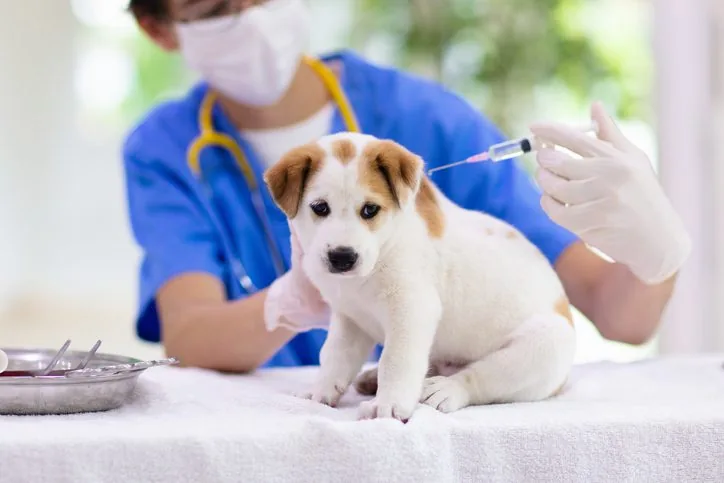Every dog owner must be informed about Parvovirus, a highly contagious and often fatal disease that primarily affects puppies. At All Kinds Veterinary Hospital, we believe in empowering pet owners with the knowledge they need to keep their furry friends healthy. Let’s delve into the symptoms of Parvo in dogs, its treatment, and prevention.

What is Parvovirus?
Canine Parvovirus (CPV) is a highly contagious viral illness that attacks a dog’s intestines, lymph nodes, and bone marrow. It is particularly dangerous for puppies who are not yet fully vaccinated and for dogs with weakened immune systems.
Recognizing the Symptoms of Parvo in Dogs
Knowledge is your first line of defense. The earlier you can spot the symptoms of Parvo, the higher the chances of your dog’s survival.
Early Warning Signs of Parvovirus in Dogs
The initial symptoms of Parvo can often resemble those of other conditions, which is why it’s essential to monitor any changes in your dog’s behavior or health. Early warning signs include:
- Lethargy or decreased energy levels
- Loss of appetite
- Fever
- Vomiting
- Bloody diarrhea
Advanced Symptoms of Parvovirus in Dogs
If left untreated, Parvo can progress quickly, leading to severe dehydration, secondary infections, and in some cases, sudden death. Advanced symptoms include:
- Severe weight loss
- Rapid heartbeat
- Pale or gray gums
- Collapsing or inability to stand
The Importance of Early Diagnosis and Treatment
Prompt diagnosis and treatment are critical to increasing your pet’s survival rate.
How is Parvo Diagnosed?
At All Kinds Veterinary Hospital, we use a combination of physical examination, history, and specific laboratory tests to diagnose Parvo.
Treatment Options for Parvo at All Kinds Veterinary Hospital
There is no cure for Parvo; treatment focuses on supporting your dog’s immune system and preventing secondary infections. This may include intravenous fluids, medications, and hospitalization.
Prevention is Better Than Cure
Preventing Parvo is easier, cheaper, and safer than treating it.
Vaccination: Your Dog’s Best Defense Against Parvo
Routine vaccination is the most effective way to prevent Parvo. Puppies should start their vaccinations as early as six weeks old and continue with boosters throughout their life.
Other Preventive Measures to Protect Your Dog
Other preventive measures include avoiding areas where an infected dog may have been and maintaining a clean environment.
Reach Out to All Kinds Veterinary Hospital Today
If you notice any signs of Parvo in your dog, call us immediately at (301) 994-9919. At All Kinds Veterinary Hospital, we’re committed to helping your dog live a long, healthy life. Let’s work together to keep your furry friend safe from Parvo.
